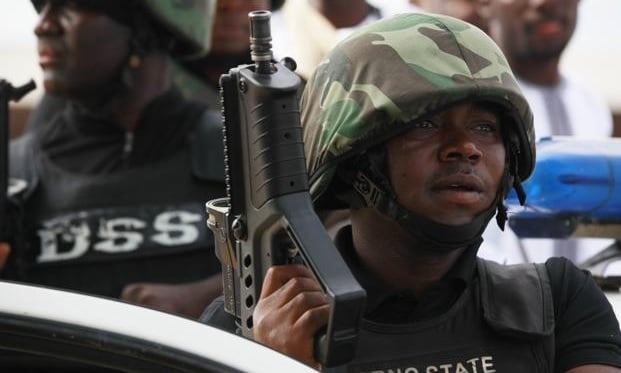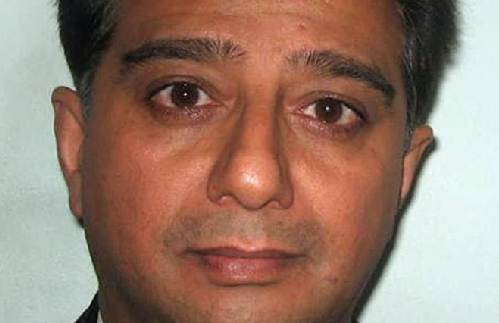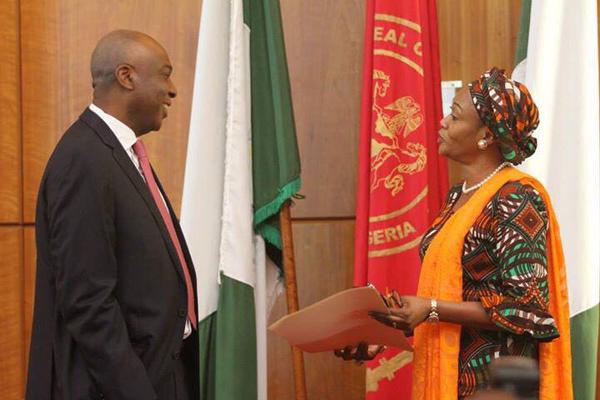Surprise, surprise. The monthly allocation from the Federation Account to the federal, states and local governments increased tremendously in the month of June. On the surface, it is in the neighborhood of the range that was received during the oil boom, two years ago – N559.03 billion was shared among all three governments.
In May, only about N305.128 billion was shared among the various governments from the Federation Account. June’s revenue is about N254 billion more than May’s revenue.
But where did all these money come from?
A large chunk came from the FIRS. Its revenue, for the month of June, increased by N165 billion, compared to May’s. This is because most companies prepare audited account to December, every year. The law allows companies a grace period of 6 months to prepare this account. Also, all returns must be filed before the 30th of June, in the following year. This huge revenue recorded by the FIRS is largely because of these returns, which have just been filed. Thus, for the FIRS, this huge revenue is unlikely to occur next month.
Advertisement
Besides, the taxes that have just been paid are smaller than what is normally expected every June. The sluggish economy has taken a toll on the profitability of most companies in Nigeria. For example, some years ago, NLNG paid about N300 billion, while MTN paid about N120 billion in their June returns.
Also, the flexible exchange rate contributed to this windfall. And this is the worrisome part.
Now, for every dollar the country earns, it converts into naira at a rate of N280/$, instead of its previous rate of N197/$. We are now getting more naira from our oil exports. More naira, but not more dollars!
Advertisement
In a similar vein, the taxes and duties on imported goods were calculated with an exchange rate of N282/$ for the month of June. This explains the good news coming from Customs.
What is the implication of this? In simple terms, the country is awash with naira – of course, weak naira. So, if you were paid any debt today, its value could be more than 50 percent less than what it was two months ago. Same goes for salary earners.
It is not a coincidence that, last Friday, the naira hit N330/$ at the interbank, its weakest ever. It had been trading at about N280/$ some weeks ago. This is simply a case of surplus naira pursuing scare dollars. And the CBN has been trying to mop up these excess naira in the market.
In the coming weeks, as this N559 billion hits the accounts of various governments, inflation will go up. The naira will weaken further, as well. Remember some bureaucrats would now have more naira to change into dollars and send abroad. The pressure on the naira would be significant.
Advertisement
The worker, who has been owed for months, would surely notice that the money that has hit his or her account has lost significant value. But psychologically, there would be a feeling of relief – at least the long awaited arrears have finally arrived.
It is very likely that before some state governments start bragging about how they have paid all the contractors and civil servants in their domains, various labour unions would start their agitations. The reduced purchasing power of the naira could spur Nigerian workers into protests. There would be ample justification for increase in wages.
More importantly, the price of petrol will surely go up as the naira suffers more bashing. Today, the naira has depreciated below the band that was used in setting the pump price of petrol some months ago.
Obviously, inflation would likely hit 20 percent by December. With inflation at that level, pensioners would be hardest hit. Contractors will surely ask for all kinds of variations. Also, most big contractors would be more comfortable bidding in dollars.
Advertisement
And when big companies make their bids in dollars, the economy would be consequently dollarized. This is happening in Zimbabwe. People prefer to trade in dollars instead of the country’s local currency.
There is no doubt that inflation is going to be one of the biggest economic problems the Buhari’s administration will face. With this problem, it will be very difficult for the President to make the kind of impact he desires.
Advertisement
The solution will not be easy. But installing an economic crack team would surely ameliorate this problem. Like some analysts have argued, I do not think the President has seasoned economists in his economic team.
Advertisement
1 comments








Your comment..This analysis is too negative . Let ur be optimistic .God is still in control